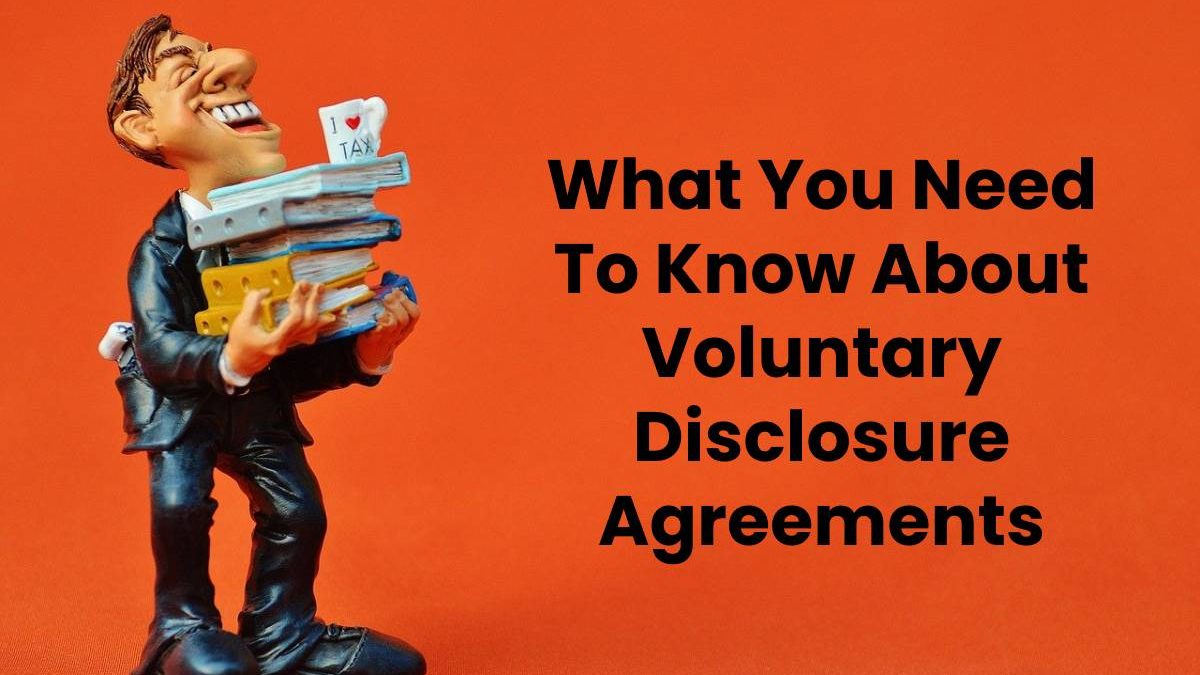Voluntary Disclosure Agreements
A voluntary disclosure agreement (VDA) is a settlement between your company and the state in which your company agrees to pay its tax liabilities willingly in return for state benefits such as reduced fines and a cap to the amount of years that outstanding tax liability is considered.
Table of Contents
MERITS
1. The risk of advertising, tax responsibility and fines is reduced in the first place.
The financial advantages for the company are by far the greatest value and way to enter a VDA. For VDAs, the “look-back” period would generally be limited or three to four years for unpaid taxation. In most cases, the VDA also reduces or excludes income tax penalties that are not paid. You can save a lot of money by that penalty. If your company is audited, you are again harassed by the fines imposed on years of outstanding taxes. Interest on excess taxes will be reduced depending on the Situation or not.
2. VDA talks are sometimes performed with encryption.
A representative from third parties starts the VDA process with your state by submitting a letter on your behalf or by filling out a request form. Your representative will negotiate with you to mitigate fines, to shorten the look-back time and even to provide a payment system that fits with the business. Most countries don’t need your agent to reveal your company name during this early time of interaction.
3. Lookout period
You are showing your prior mistakes, which culminated in deferred tax liabilities, not for purposes, when you enter into a voluntary disclosure agreement, but instead as the product of a misconception or misconception of tax laws. Thanks to a shorter lookout period and lower penalties, a VDA allows you to settle down terms in a low risk way, to comply with the state, and to proceed economically.
DEMERITS
1. The VDA can be void or result in ineligibility of missing records.
The VDA will be cancelled if you do not disclose all details about the status of the business, including related activities, unless the missing events are relevant to the agreement or necessary. If you should not provide such key details early on in the procedure with the third-party representative, you will be able to hit a stage of the VDA process that will only disclose your taxpayer identity due to the impact of the missing data.
2. It is likely to discover additional tax liabilities.
The majority of states request a voluntary disclosure agreement to cover the fees your company has to pay in connection with its activities. The types of practises, particularly those that have been uncovered, could lead to the tax liabilities being owed to the state. Another kind of tax connection is a good forecast for the existence of sales tax in a state.
Final Verdict
When the company qualifies, it is better to use the VDA to pay for the dues. After you find non-compliance in your company, it is a risky business to play the audit lottery. If an investigator finds out about you, the sanctions are even more serious. In addition, the State Tax Department levies tax as far back as the nexus date without covering a VDA’s brief lookback period.

